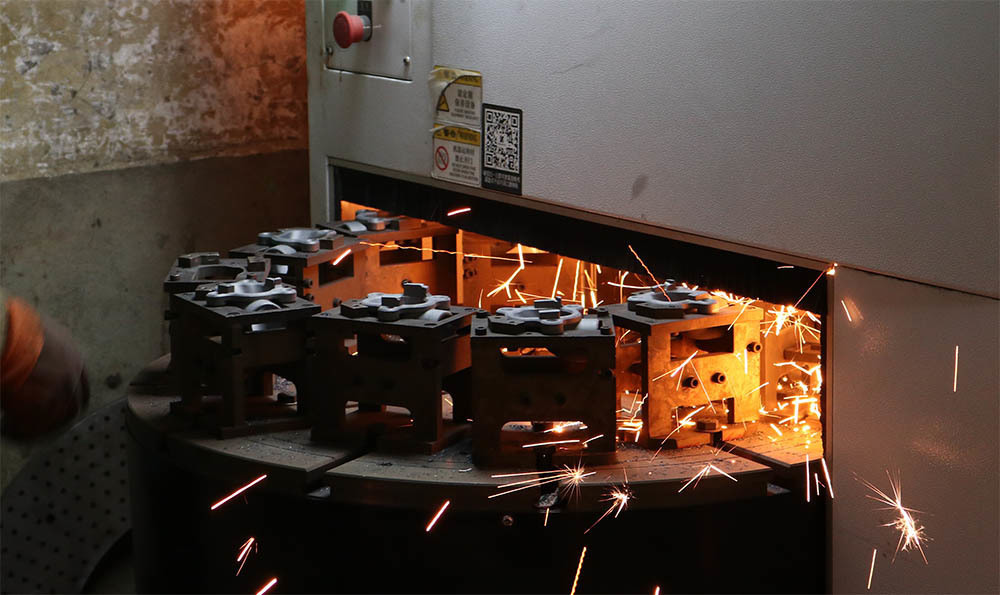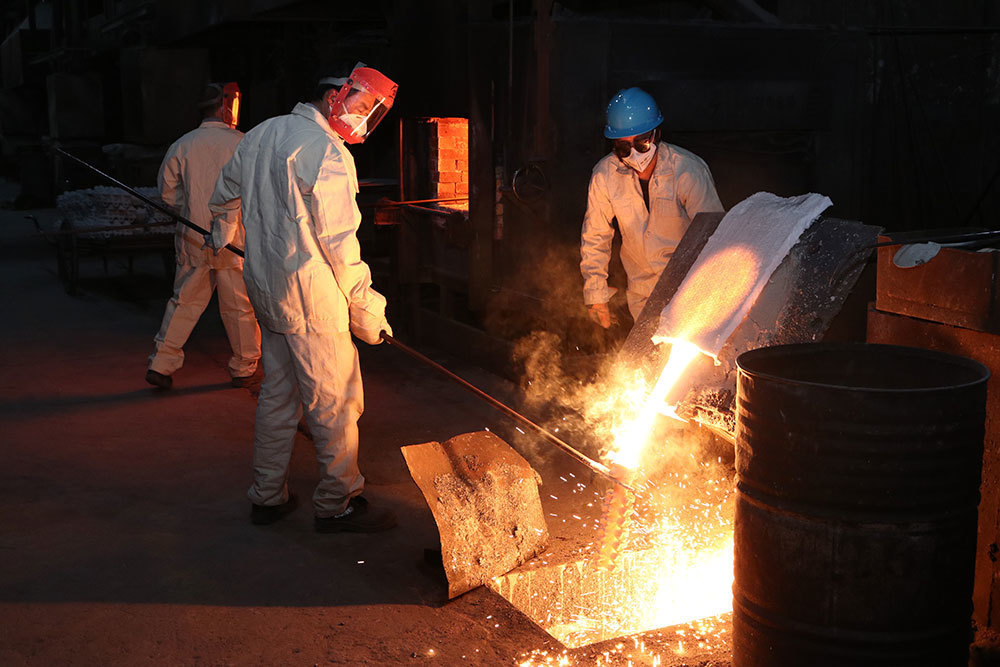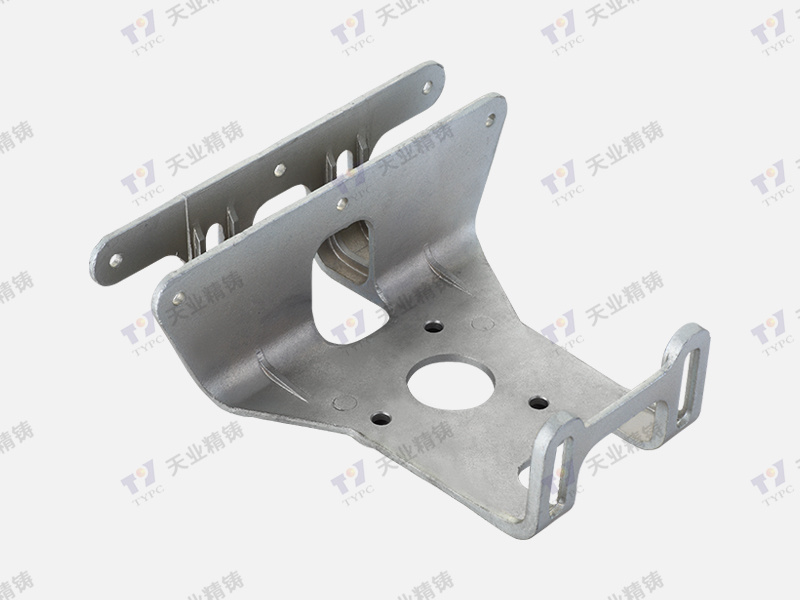2025-04-28
Exploring the Benefits and Applications of Copper Alloy Castings in Industrial Equipment
Copper alloy castings are integral to many industries, particularly in the manufacturing of industrial equipment and general components. These castings are made from copper mixed with various other metals, such as zinc, aluminum, or nickel, to enhance desirable properties. The unique characteristics of copper alloys make them exceptionally valuable in numerous applications across different sectors.
One of the key benefits of copper alloy castings is their excellent corrosion resistance. Copper itself is known for its ability to withstand harsh environments, and when alloyed, this property is often enhanced. This resistance is crucial for components exposed to moisture, chemicals, or extreme temperatures, making them suitable for marine applications, chemical processing, and even plumbing components. Furthermore, these alloys maintain their integrity over time, reducing the need for frequent replacements and maintenance.
Another significant advantage of copper alloy castings is their excellent thermal and electrical conductivity. Copper, being one of the best conductors of electricity and heat, enables components made from these alloys to efficiently transfer energy. This characteristic is particularly important in electrical connectors, heat exchangers, and other applications where conductivity is critical. The ability to conduct heat efficiently also allows for better temperature regulation in various industrial processes.
Mechanical properties of copper alloy castings are equally impressive. They exhibit strong tensile strength and ductility, which means they can withstand significant stresses without fracturing. This makes copper alloy castings ideal for high-load applications such as gears, valves, and bushings. Their ability to be cast into complex shapes further enhances their versatility, allowing manufacturers to produce intricate designs that meet specific operational requirements.
The casting process itself offers additional benefits. Copper alloys can be easily molded and shaped, allowing for the creation of detailed parts with minimal waste. This efficiency in production not only reduces costs but also supports sustainable manufacturing practices by minimizing excess material usage.
In terms of applications, copper alloy castings find use in various fields. In the automotive industry, they are commonly used for radiator cores and electrical connectors. In the aerospace sector, these castings serve critical roles in hydraulic systems and structural components. Additionally, their properties make them suitable for use in marine environments, where resistance to saltwater corrosion is essential.
In conclusion, copper alloy castings present numerous advantages that make them a preferred choice in industrial equipment and general components. Their corrosion resistance, excellent conductivity, impressive mechanical properties, and ease of production contribute to their widespread application in diverse industries. Understanding these benefits can help businesses make informed decisions about incorporating copper alloy castings into their manufacturing processes, ultimately leading to enhanced performance and durability in their products.
One of the key benefits of copper alloy castings is their excellent corrosion resistance. Copper itself is known for its ability to withstand harsh environments, and when alloyed, this property is often enhanced. This resistance is crucial for components exposed to moisture, chemicals, or extreme temperatures, making them suitable for marine applications, chemical processing, and even plumbing components. Furthermore, these alloys maintain their integrity over time, reducing the need for frequent replacements and maintenance.
Another significant advantage of copper alloy castings is their excellent thermal and electrical conductivity. Copper, being one of the best conductors of electricity and heat, enables components made from these alloys to efficiently transfer energy. This characteristic is particularly important in electrical connectors, heat exchangers, and other applications where conductivity is critical. The ability to conduct heat efficiently also allows for better temperature regulation in various industrial processes.
Mechanical properties of copper alloy castings are equally impressive. They exhibit strong tensile strength and ductility, which means they can withstand significant stresses without fracturing. This makes copper alloy castings ideal for high-load applications such as gears, valves, and bushings. Their ability to be cast into complex shapes further enhances their versatility, allowing manufacturers to produce intricate designs that meet specific operational requirements.
The casting process itself offers additional benefits. Copper alloys can be easily molded and shaped, allowing for the creation of detailed parts with minimal waste. This efficiency in production not only reduces costs but also supports sustainable manufacturing practices by minimizing excess material usage.
In terms of applications, copper alloy castings find use in various fields. In the automotive industry, they are commonly used for radiator cores and electrical connectors. In the aerospace sector, these castings serve critical roles in hydraulic systems and structural components. Additionally, their properties make them suitable for use in marine environments, where resistance to saltwater corrosion is essential.
In conclusion, copper alloy castings present numerous advantages that make them a preferred choice in industrial equipment and general components. Their corrosion resistance, excellent conductivity, impressive mechanical properties, and ease of production contribute to their widespread application in diverse industries. Understanding these benefits can help businesses make informed decisions about incorporating copper alloy castings into their manufacturing processes, ultimately leading to enhanced performance and durability in their products.









